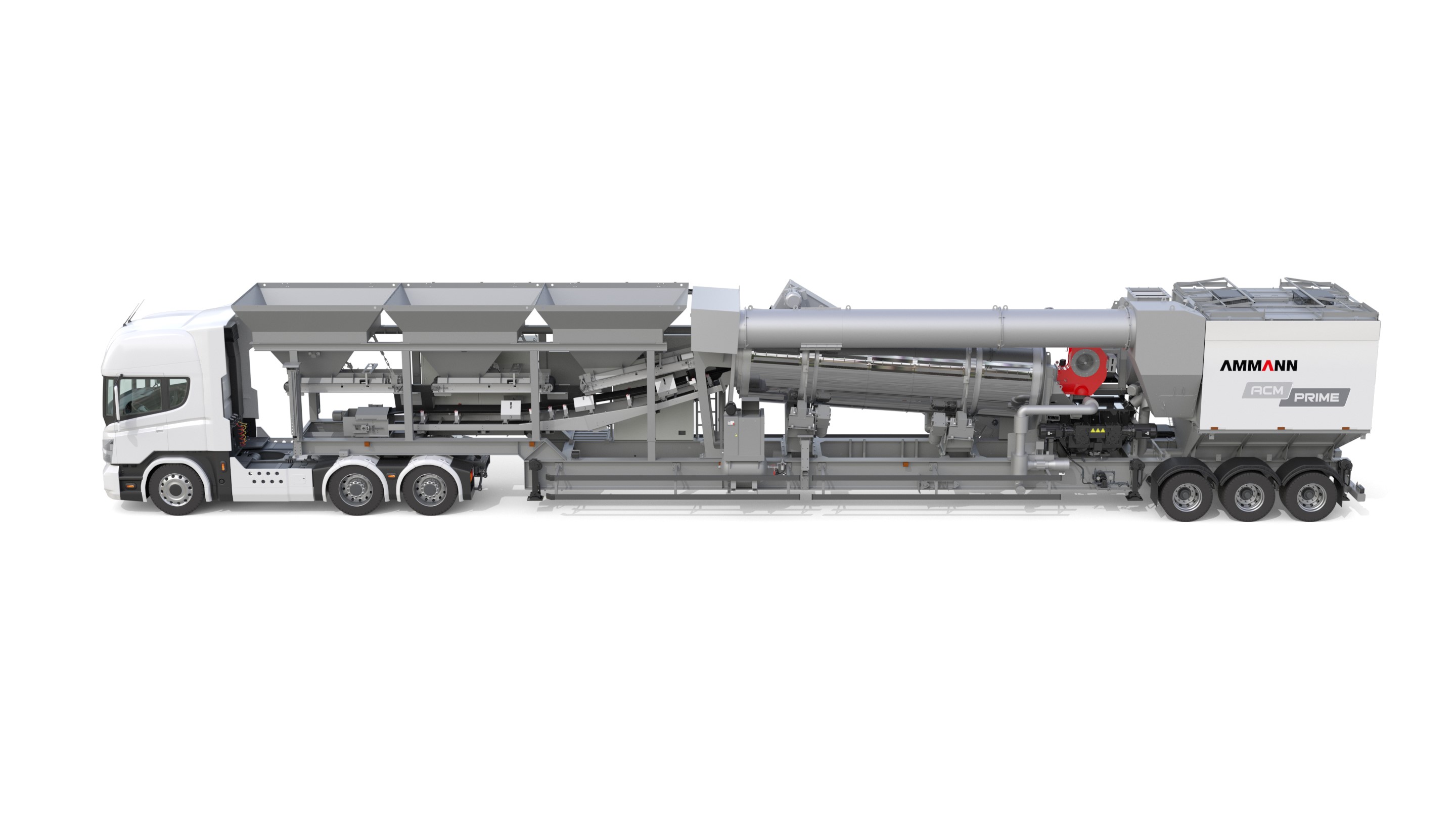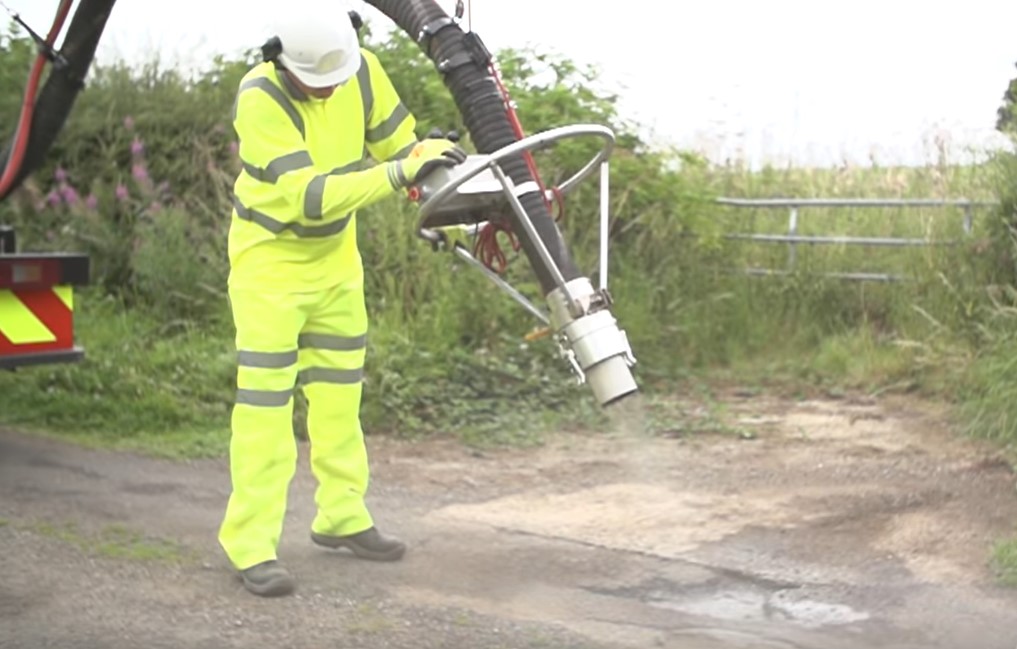A new bridge is planned for Cambodia


Sharing data and working closely together with customers will push forward the construction industry’s rate of change in terms of carbon reduction, optimised equipment fleets, improved utilisation rates, and better-educated operators. Get your on-site monitoring right and new technology solutions are going to dramatically reduce emissions and a far healthier ecosystem say our roundtable experts.



Our three roundtable experts all emphasise that sustainable powertrain solutions are very much a case of “horses for courses.” There is no clear winner yet. Different outcomes are going to be needed for different parts of the world, or for different applications. Diesel has “spoiled us” they say. In the future, choosing the best sustainable powertrain is going to be a far more complex decision.
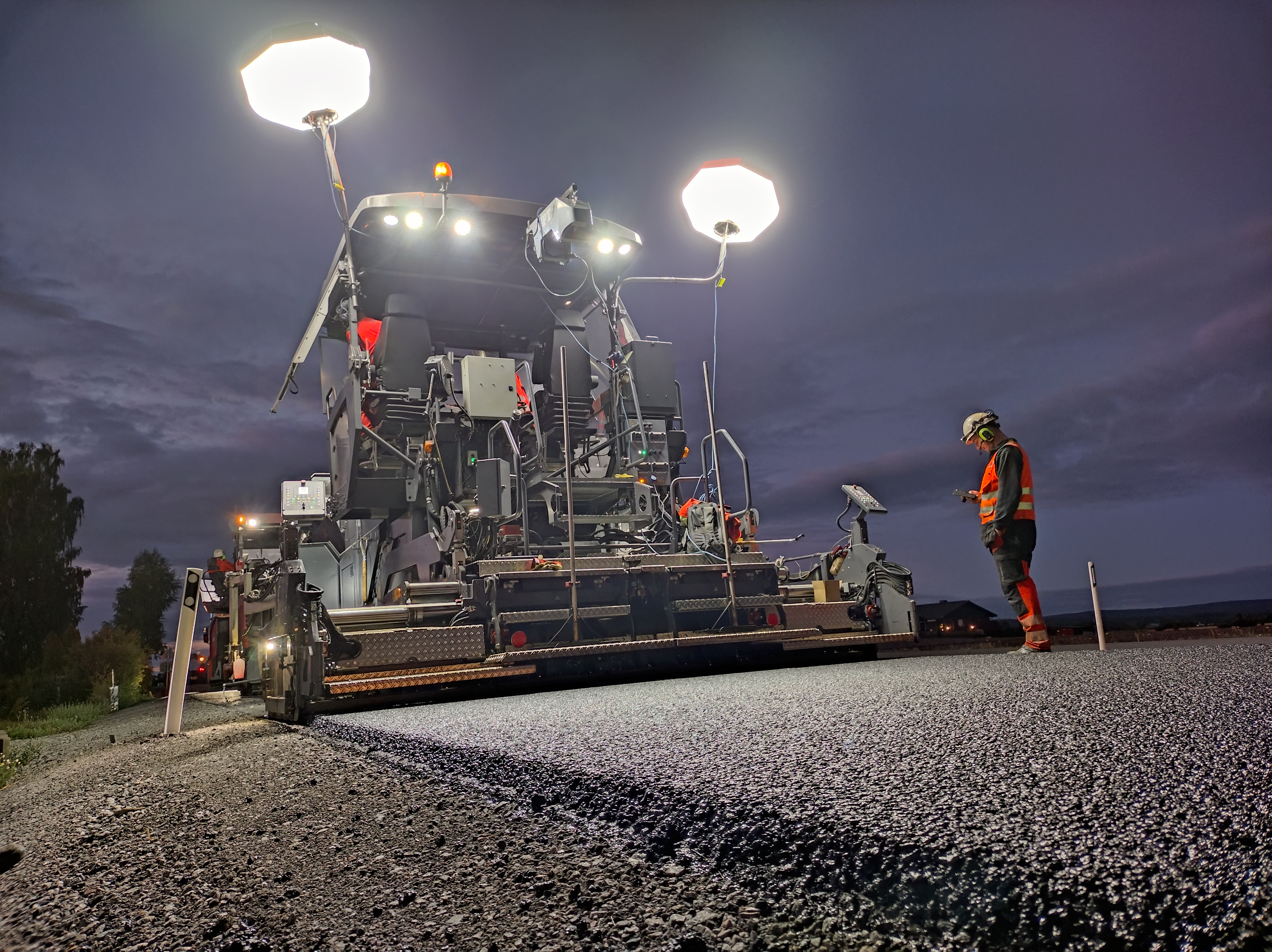

Cummins sees a sustainable future that is “fuel agnostic,” because different circumstances will require different solutions to achieve the best outcomes. Trimble agrees, warning the construction sector “not to put all of its eggs in one basket.” For Volvo, the future is electric. The company is committed to making 35% of its fleet electric by 2030. Innovation, collaboration, and efficiency are where it’s at.
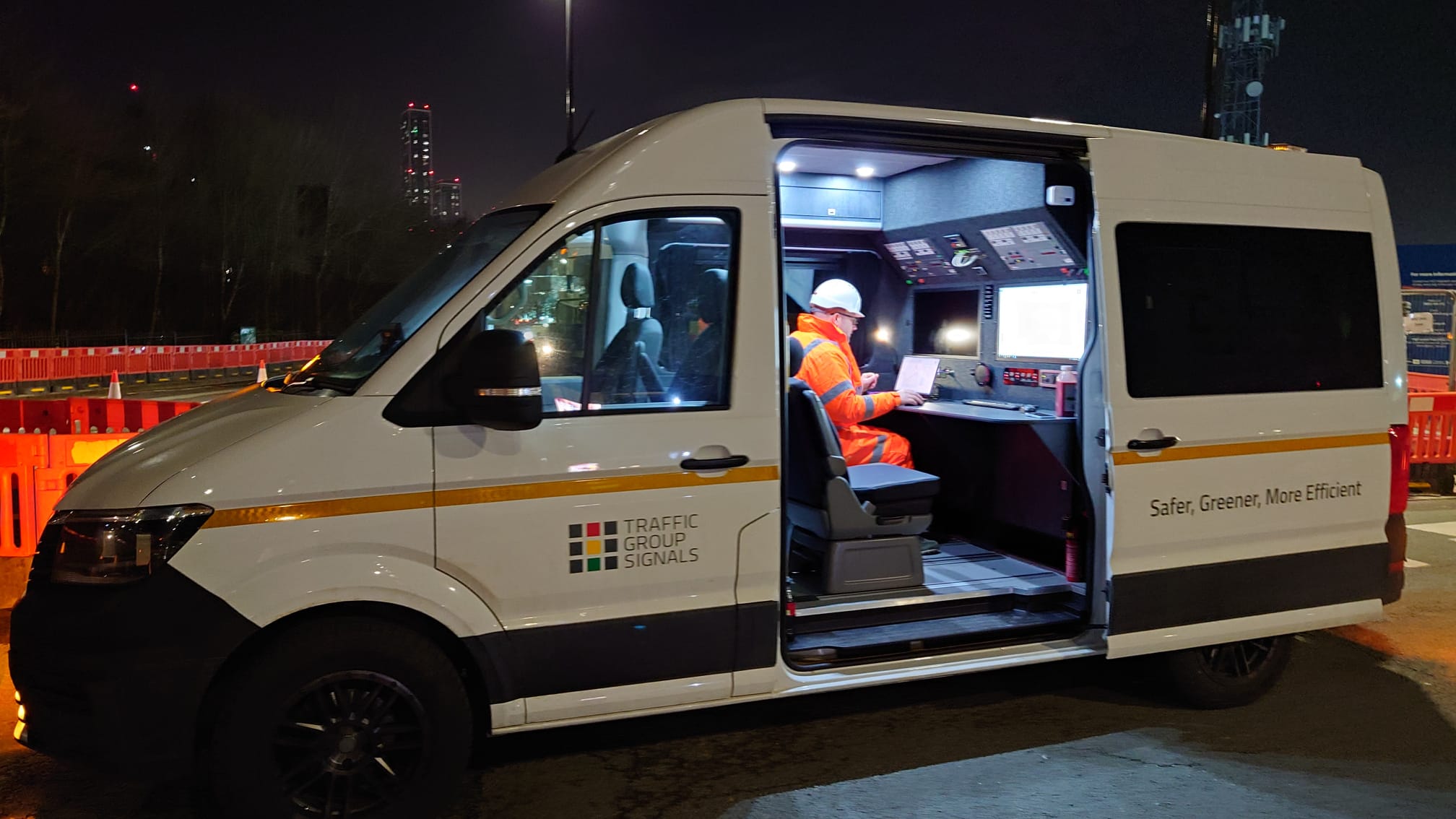
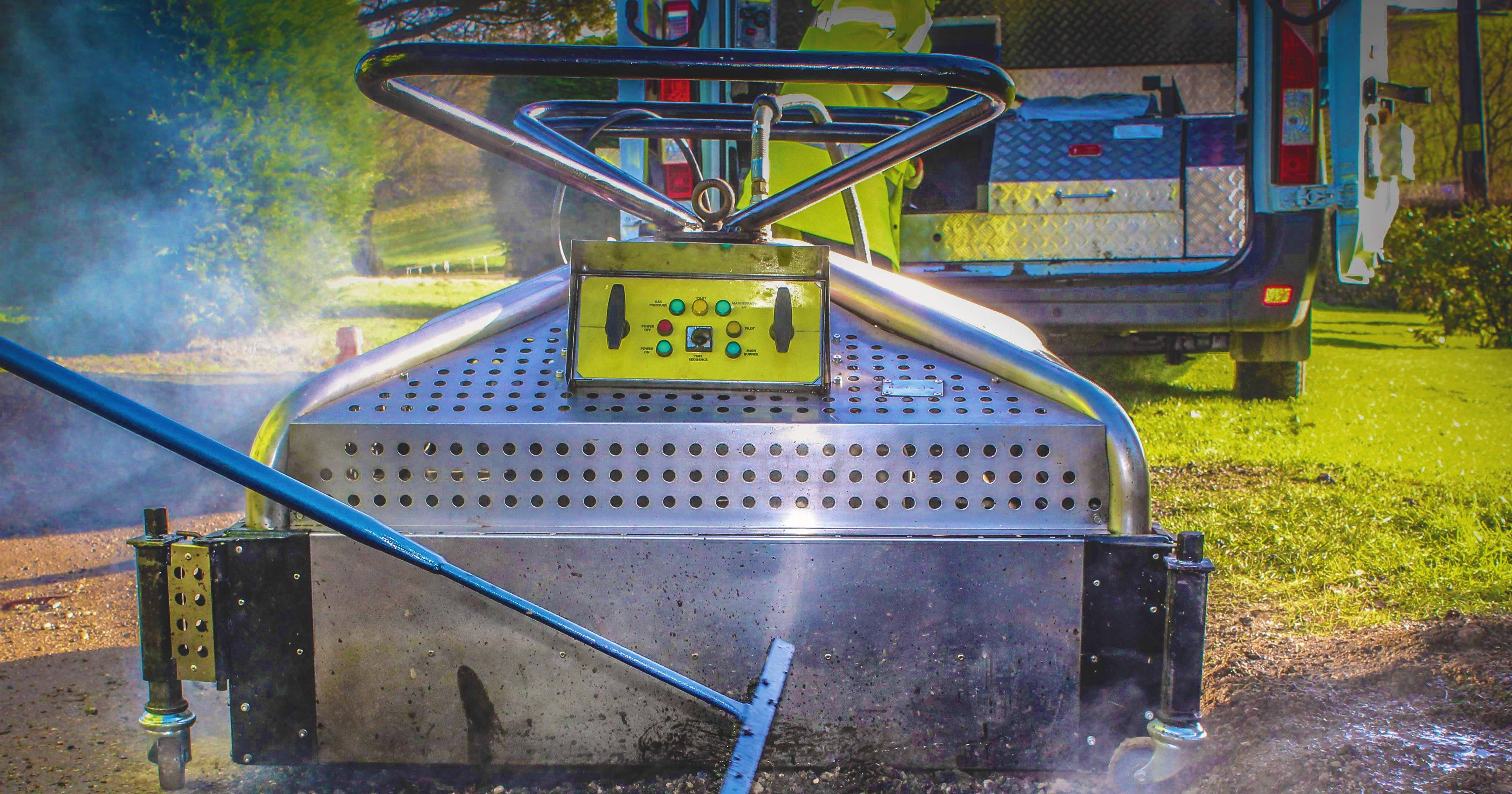

For Cummins, sustainability is all about “the most efficient transfer of energy into power,” a goal that the US engine giant has spent its entire history working towards. Volvo wants to help “build a world we all want to live in,” and Trimble likes to think about “transforming the way the world works.” It all sounds very aspirational but, with sustainable technology taking centre stage, it’s happening now.
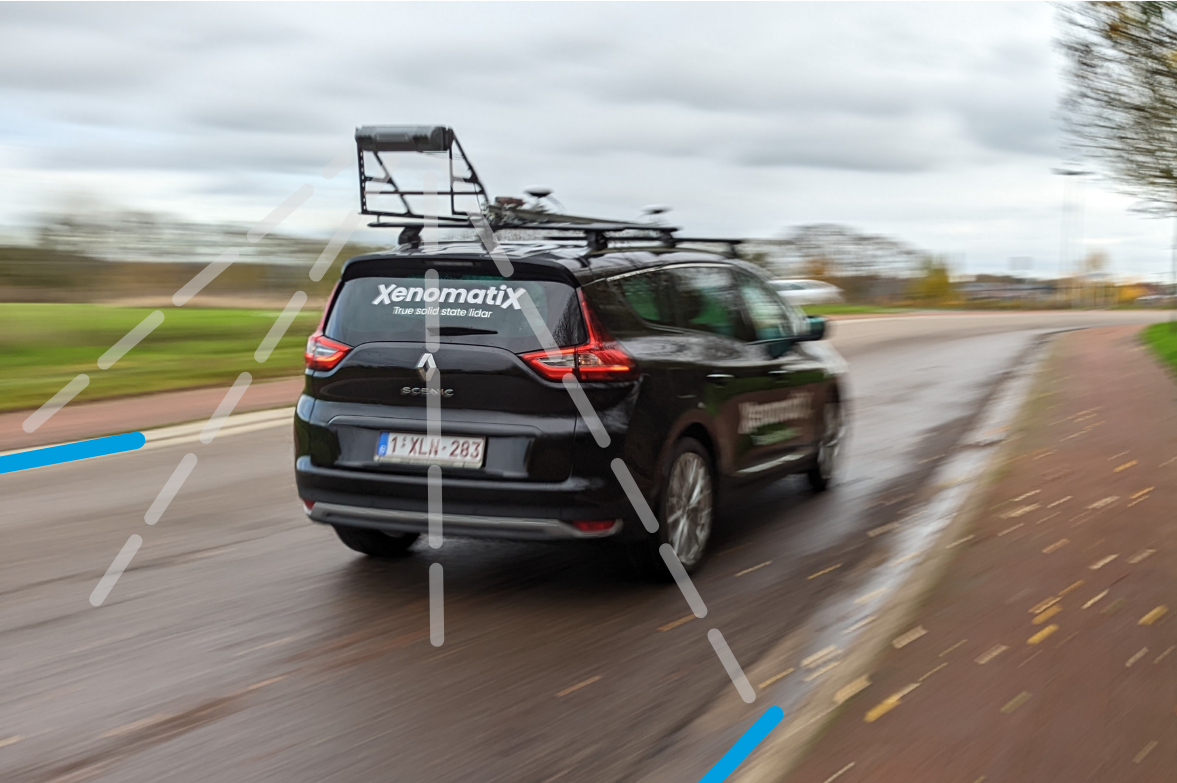

The ACM Prime provides the quality control benefits of a high-capacity plant yet comes in a fully mobile package. The main plant fits on two, two-axle trailers – and remains on them upon arrival and during operation. When it’s time for relocation, the trailers are simply attached to trucks and moved.
The new ACM Prime is a continuous plant that is “100% mobile,” meaning accessories such as tanks, RAP feeders, self-erecting storage silos and the control house are also on wheels. With previous models, some of these elements were stationary.
The shift to 100% mobility is in response to the needs of the North American market, where fast and effortless relocation is essential to many businesses.
All components are manufactured in the U.S., with the exception of the trailers, which are sourced from Latin America. The U.S. manufacturing ensures quality and eliminates supply chain issues.
Many start-up asphalt plant manufacturers utilise the ACM Prime because it gives them the flexibility needed to reach new customers. The cost of this compact plant is also less than a traditional stationary plant, making it easier for small businesses to enter the market.
More established businesses use the ACM Prime because of its mobility, convenience and small footprint upon arrival.
The plant is ready to work quickly. It arrives assembled, and plug-in components make setup extremely fast.
While the ACM Prime is highly mobile, it produces high-quality mix. The plant has successfully manufactured mix for airport runways, where quality is of the utmost importance.
Production capacity is 180 U.S. tons per hour with 5% moisture. Mixing times are adjustable, based on the recipe and desired output. The plant can utilise RAP, produce warm mix, and incorporate filler, fibers and other additives.
The Ammann as1 Control System is the brains of the plant. The proprietary system is highly advanced, yet extremely intuitive. It helps improve quality while reducing material waste and energy consumption.
A proven, reliable and robust fieldbus system is included.
Fuel efficiency is another benefit. Heat exchange is optimised between hot gases generated by the burner flame and aggregates. Enclosed gaskets between the dryer and chamber are well insulated. Air pressure is controlled inside the drum and burner – and dryer and burner settings are precise to minimise fuel burn.
The ACM Prime Plant is built for long life and reliability. A low-pressure, gentle cleaning process reduces bag wear. Engineering ensures easy access for service and maintenance.
Content produced in association with Ammann
